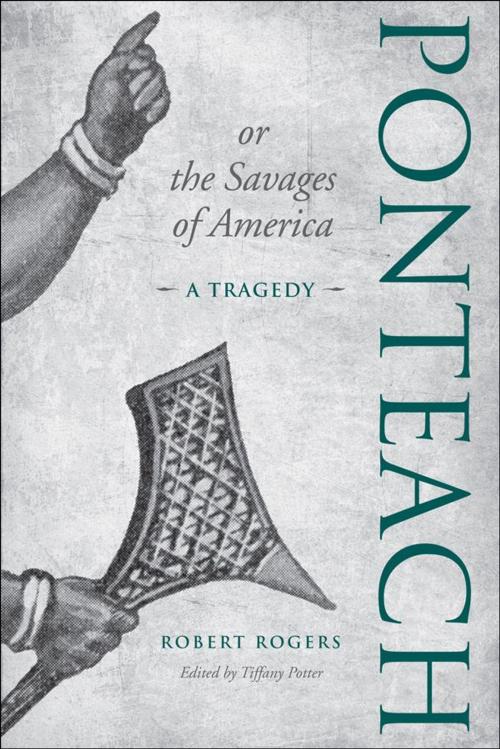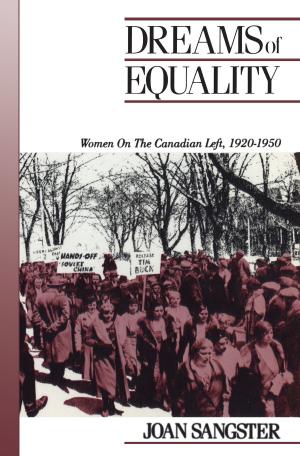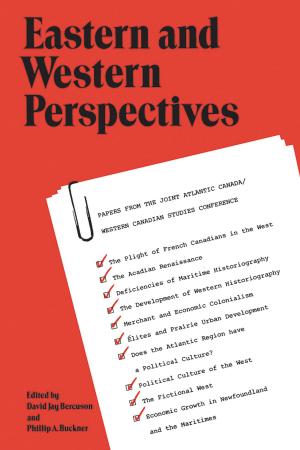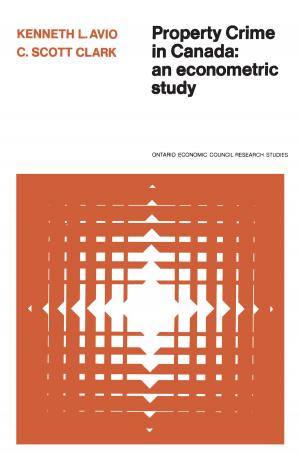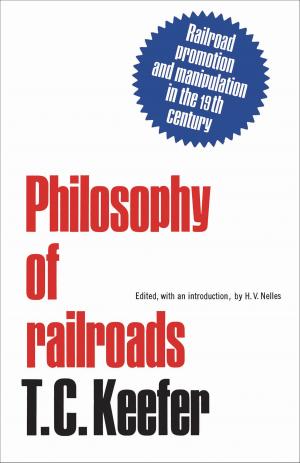Ponteach, or the Savages of America
A Tragedy
Fiction & Literature, Literary Theory & Criticism, Drama History & Criticism, Drama, Nonfiction, Entertainment| Author: | Tiffany Potter | ISBN: | 9781442660335 |
| Publisher: | University of Toronto Press, Scholarly Publishing Division | Publication: | December 18, 2010 |
| Imprint: | Language: | English |
| Author: | Tiffany Potter |
| ISBN: | 9781442660335 |
| Publisher: | University of Toronto Press, Scholarly Publishing Division |
| Publication: | December 18, 2010 |
| Imprint: | |
| Language: | English |
Pontiac, or Ponteach, was a Native American leader who made war upon the British in what became known as Pontiac's Rebellion (1763 to 1766). One of the earliest accounts of Pontiac is a play, written in 1766 by the famous frontier soldier Robert Rogers, of the Rangers. Ponteach, or the Savages of America is one of the only early dramatic works composed by an author with personal knowledge of the Indigenous nations of North America. Important both as a literary work and as a historical document, Ponteach interrogates eighteenth-century Europe's widespread ideological constructions of Indigenous peoples as either innocent and noble savages, or monstrous and violent Others.
Presented for the first time in a fully annotated edition, Ponteach takes on questions of nationalism, religion, race, cultural identity, gender, and sexuality; the play offers a unique perspective on the Rebellion and on the emergence of Canadian and American identities. Tiffany Potter's edition is supplemented by an introduction that critically and contextually frames the play, as well as by important appendices, including Rogers' ethnographic accounts of the Great Lakes nations.
Pontiac, or Ponteach, was a Native American leader who made war upon the British in what became known as Pontiac's Rebellion (1763 to 1766). One of the earliest accounts of Pontiac is a play, written in 1766 by the famous frontier soldier Robert Rogers, of the Rangers. Ponteach, or the Savages of America is one of the only early dramatic works composed by an author with personal knowledge of the Indigenous nations of North America. Important both as a literary work and as a historical document, Ponteach interrogates eighteenth-century Europe's widespread ideological constructions of Indigenous peoples as either innocent and noble savages, or monstrous and violent Others.
Presented for the first time in a fully annotated edition, Ponteach takes on questions of nationalism, religion, race, cultural identity, gender, and sexuality; the play offers a unique perspective on the Rebellion and on the emergence of Canadian and American identities. Tiffany Potter's edition is supplemented by an introduction that critically and contextually frames the play, as well as by important appendices, including Rogers' ethnographic accounts of the Great Lakes nations.
